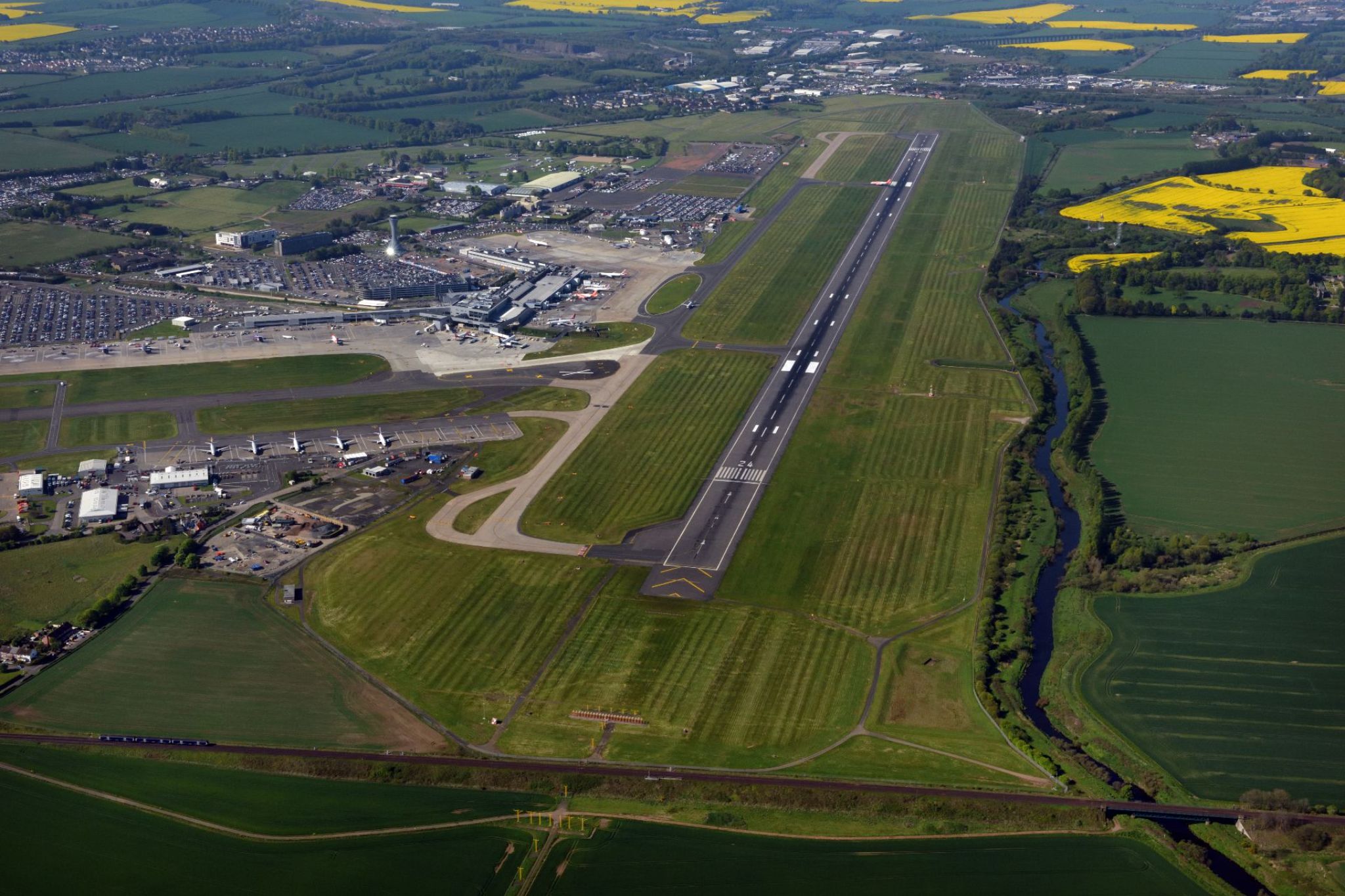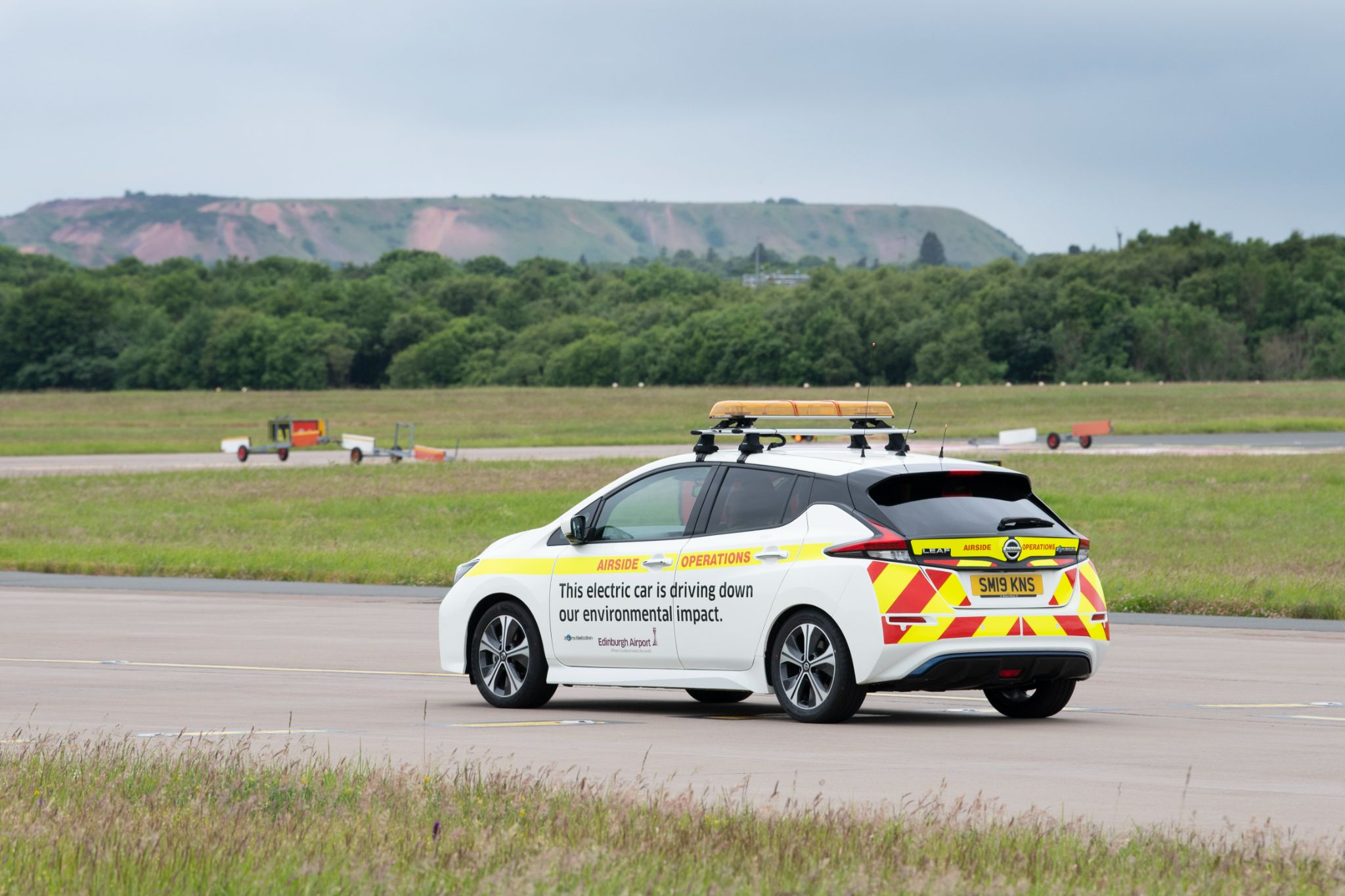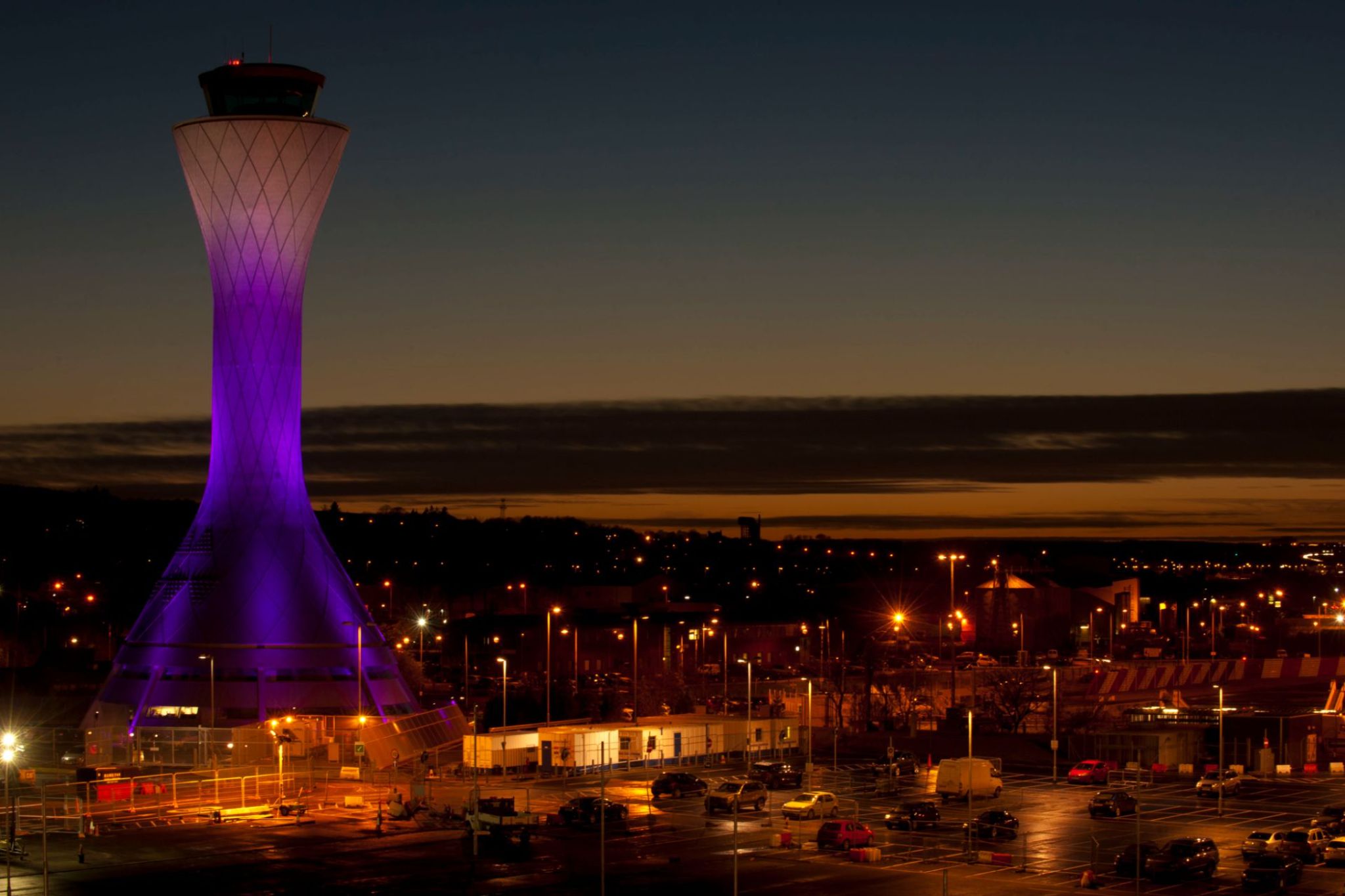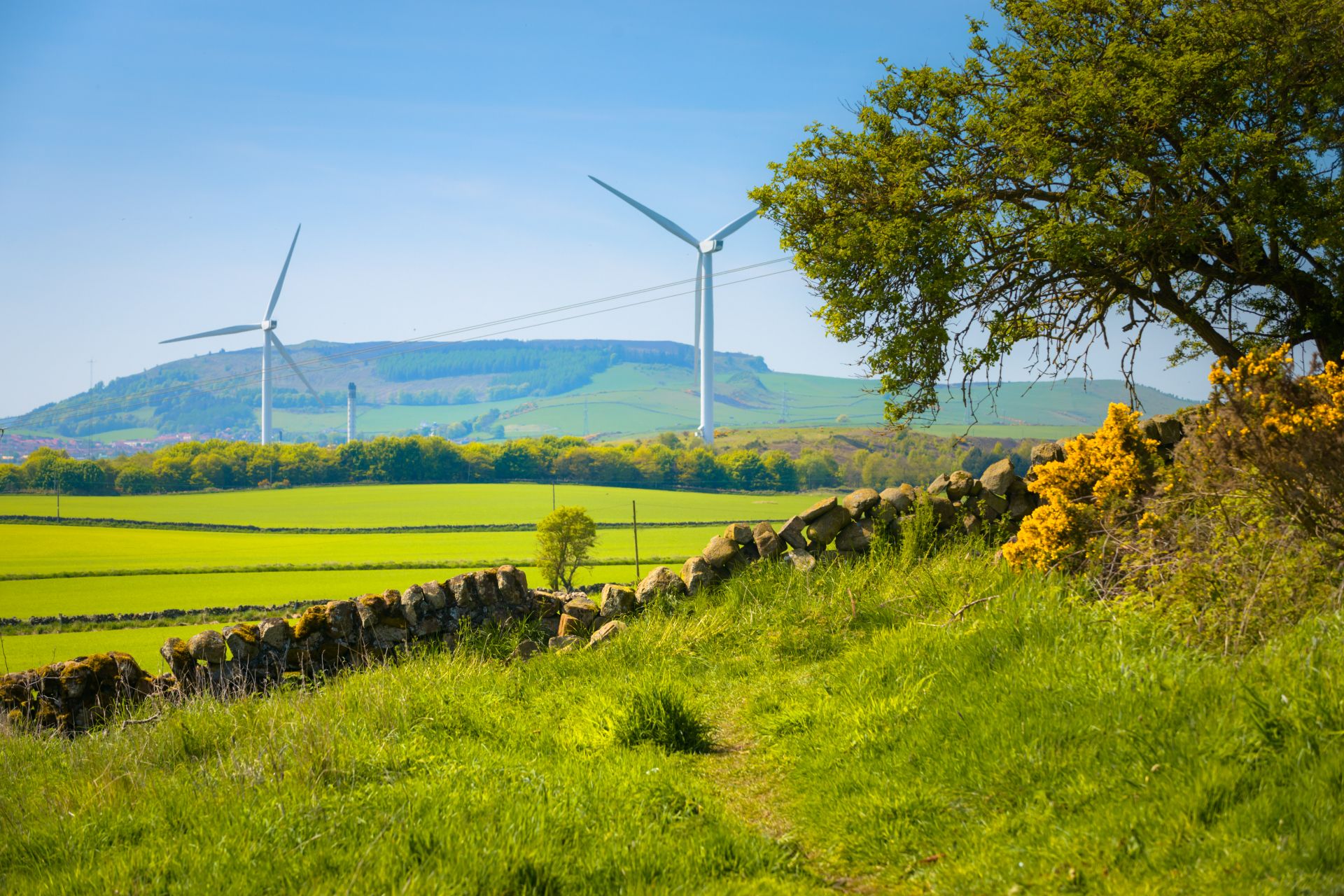
Edinburgh Airport
© Edinburgh Airport
Scotland's Aviation Sector
Scotland's geography makes aviation essential for connectivity and economic growth. Direct connectivity enhances Scotland's global standing, allowing the export of knowledge and expertise. It's crucial for promoting Scotland’s offerings and contributing to the economy, culture, education and research.
As we plan for the future, we must consider aviation's economic contributions and its role in achieving sustainable growth. Our 'Greater Good' sustainability strategy aims to make our business, Scotland's gateway to the world, sustainable and beneficial for future generations. We need balanced discussions on making our industry greener, a challenge for all sectors but particularly aviation.
In the UK, newer, more efficient aircraft have improved fuel efficiency by over 13% since 2005, with a further 22% improvement expected by 2050.
Airports of the Future
The aviation industry globally produces about 2% of human-produced CO2 emissions and has been working to reduce this. In the UK, newer, more efficient aircraft have improved fuel efficiency by over 13% since 2005, with a further 22% improvement expected by 2050. We anticipate short-distance electric flights and ongoing innovation in hydrogen technology.
Edinburgh Airport, already carbon neutral, is striving to do more. We've added more electric vehicles to our fleet and are working to decarbonise ground handling services. Our airspace change process aims to modernise operations and significantly reduce carbon emissions.

Edinburgh Airport solar farm
© Edinburgh Airport
Solar Power
We're excited about our solar farm project, the first of its kind in the UK, to be installed on our airfield. This eleven-acre farm will provide around 27% of our energy needs and supply 40 electric vehicle charging points for staff and passengers. The 9.7MWh solar farm, with 1.5MWh battery storage, exemplifies how we can create a sustainable future for the airport.
They will install wind mapping sensors across the estate to identify optimal areas for capturing low-level wind power.
Partnerships
We are partnering with Katrick Technologies to harness wind power. They will install wind mapping sensors across the estate to identify optimal areas for capturing low-level wind power. This data will inform the installation of wind panels, providing another green energy source for the airport. Unlike conventional turbines, Katrick's devices are smaller and capture more kinetic energy, making them suitable for airport use without radar interference.

Edinburgh Airport
© VisitScotland / Paul Tomkins
Fuel
Scotland has the potential to become a hub for sustainable aviation fuel (SAF) production, thanks to its expertise in various industries. SAF is essential for reducing greenhouse gas emissions and offers significant life-cycle carbon reduction gains (at least 70%) and cleaner burning, with up to 90% reduction in particulates.
Along with new fleet and engine technology and airspace modernization, SAF can bridge the gap to full decarbonisation. We are part of the Forth Green Freeport partnership, promoting green jobs and skills development. Additionally, we’re transitioning our vehicles and partners’ vehicles to use hydrotreated vegetable oil (HVO), a renewable diesel alternative that cuts net carbon dioxide emissions by up to 90%.
Our sustainability pledge involves the entire supply chain, encouraging partners to improve sustainability practices.
Energy Saving Operations
We have implemented various energy-saving measures, such as installing LED lighting throughout the terminal and using renewable electricity. We've also added fixed ground power supplies to charge planes, reducing the need for diesel engines. We are exploring a campus heat network to provide energy to up to 10,000 neighbouring homes, offering a sustainable solution while technology advances.
Our sustainability pledge involves the entire supply chain, encouraging partners to improve sustainability practices. This initiative has received positive feedback and highlights our commitment to a sustainable future.





